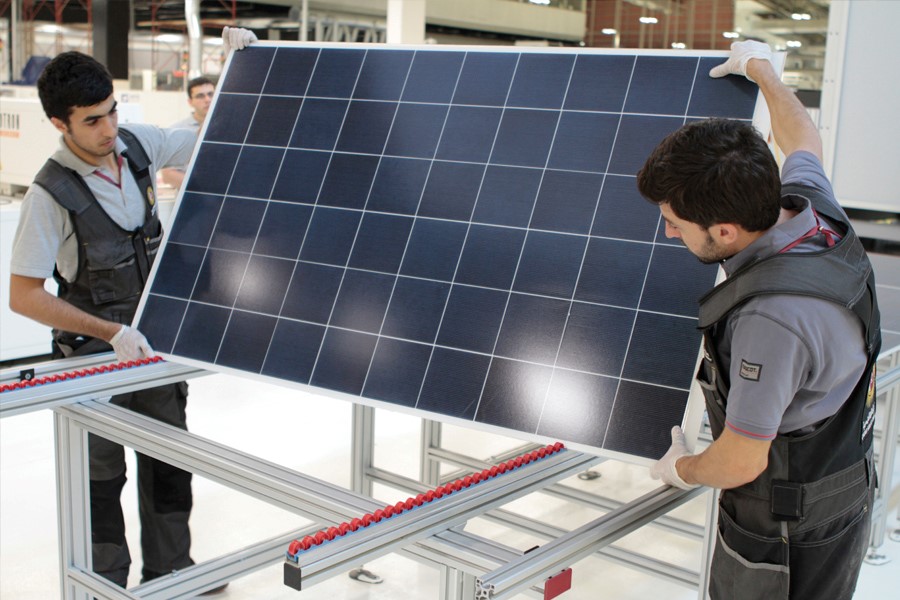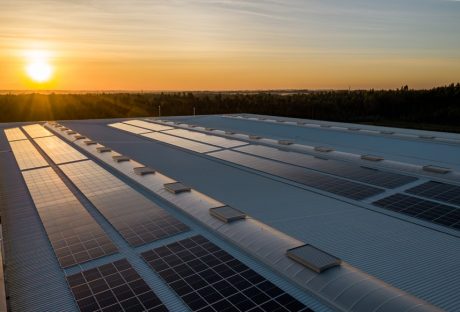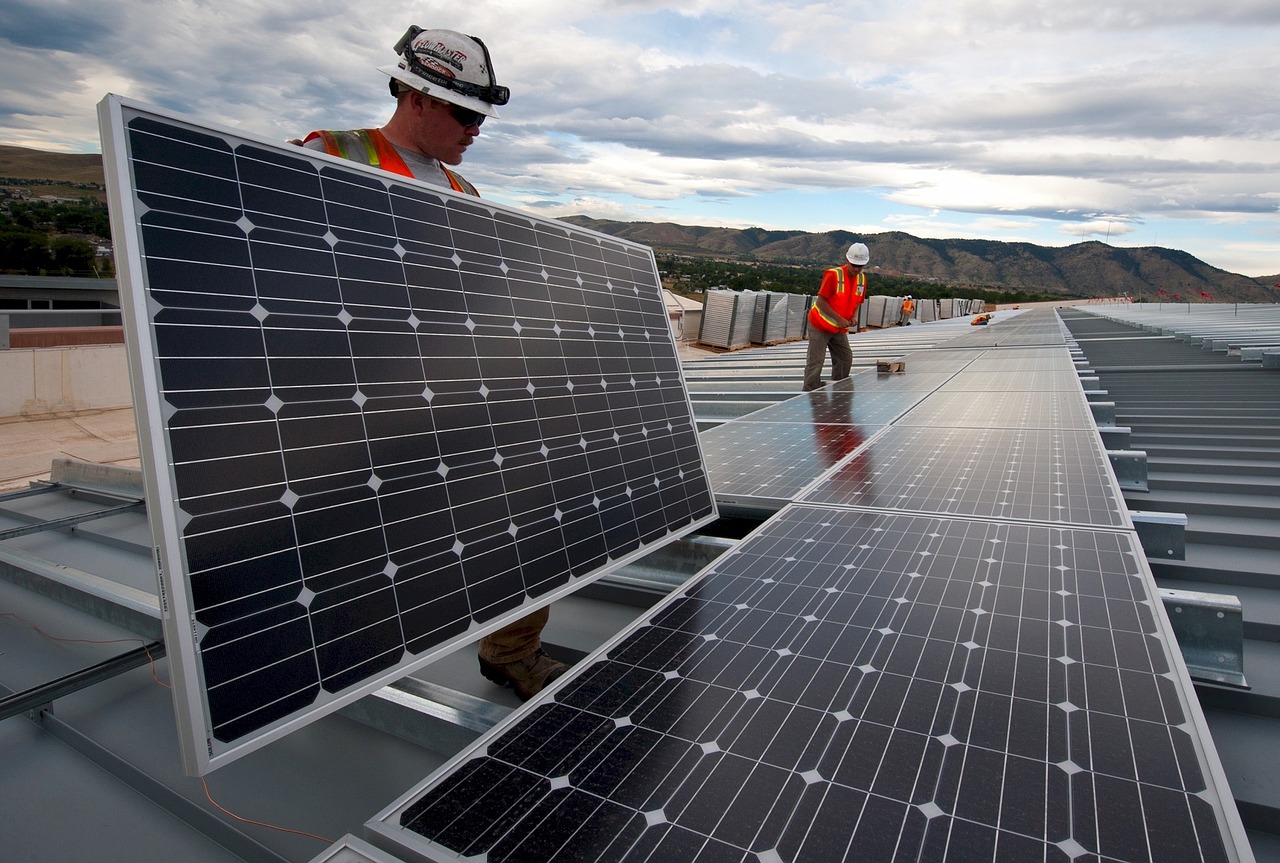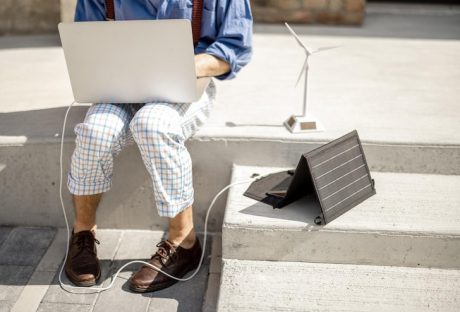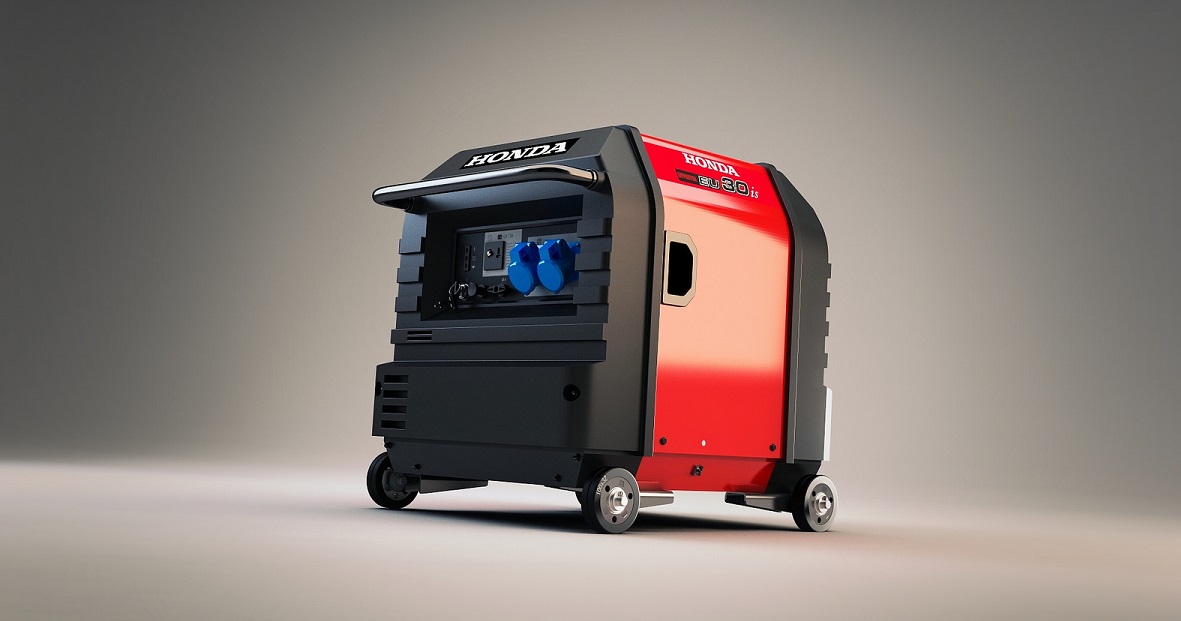Solar power is a technology that has been around for quite some time, and the first photovoltaic cells were created in the 1950s. Since then, the technology has been improving, and the efficiency of modern photovoltaic cells has increased immensely, making solar power a viable option.
If you are considering getting mobile solar generators, here is everything that you need to know.
Contents
What Are Mobile Solar Generators?
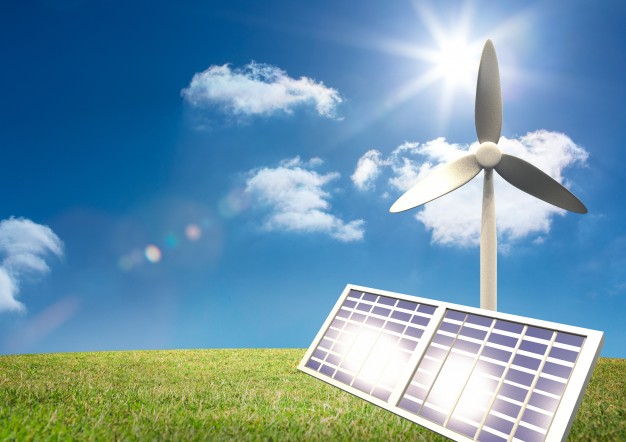
Most solar generators are static, which means they do not move. However, there are mobile ones that you can transport to any location and use them if there is enough sunlight. The items are common with people who love camping, RV camping, and boats, and they come in a variety of sizes. It is also popular for use in infrastructure projects, agriculture, and even in remote communities.
Mobile solar power generators have a bank of photovoltaic cells. These cells turn sunlight into energy. The energy can then be stored in batteries, which make this type of power generator handy for your next outdoor adventure.
What Do You Need For Mobile Solar Generators?
When you are looking to purchase or make mobile solar generators, there are four components that make the device, which are:
- Solar Panels
- An Invertor
- A Solar Charge Controller
- Solar Batteries
The solar panels and the batteries are the parts of this device that can vary in quality, and you will want to select the most efficient solar panels you can afford, as well as high-quality batteries to store your electricity.
How Do They Work?
The first thing that you need to do is transport your system to where you want to set it up, and then assemble the solar panels. The solar panels collect the energy from the sun and where it is converted to a Direct Current (DC), and it is then passed through the solar charge controller. The controller regulates the voltage of the electricity when charging the battery where you store the power to be used later. When you are ready to use the energy collected from your solar panels, the inverter converts the DC power into AC (Alternating Current), which is what most electrical appliances use.
The Pros & Cons Of Mobile Solar Power
There are a lot of benefits to using solar power, and some drawbacks as well. One of the best things about solar power is that it is 100% clean and renewable energy that you are using, and there are no fuels to burn, which will create pollution. They are also relatively simple to maintain, and the biggest task will be to clean the solar panels and ensure that they are running at maximum efficiency.
There are some cons to solar power as well, and the biggest one is that there is a significant upfront cost required to purchase the equipment that you will need. You are also limited to the amount of power you can store, depending on the size and efficiency of your batteries. The charging process is slow as well.
The expense of solar technology can pay for itself in a short time, so it is worthwhile investing. You will have the luxury of being able to use your electrical devices wherever you go, safe in the knowledge that you are doing your part for the environment.
Read Also:













